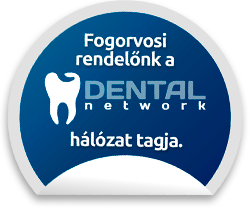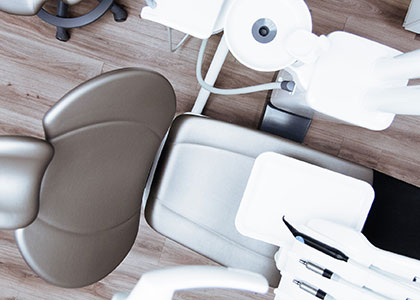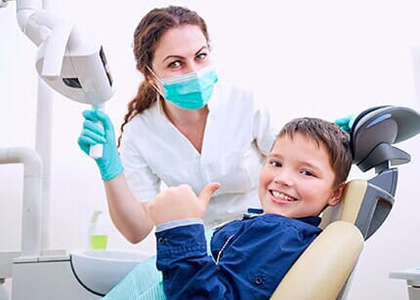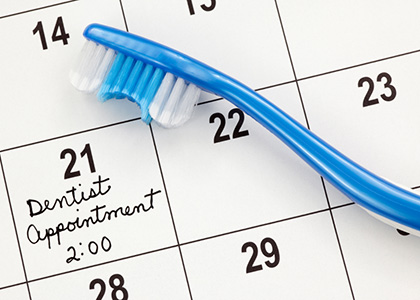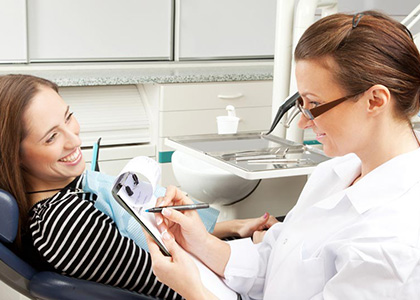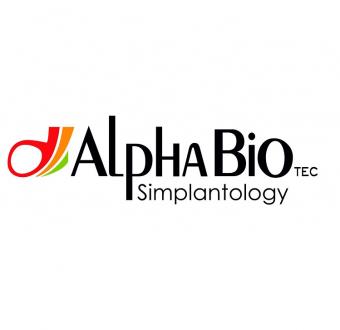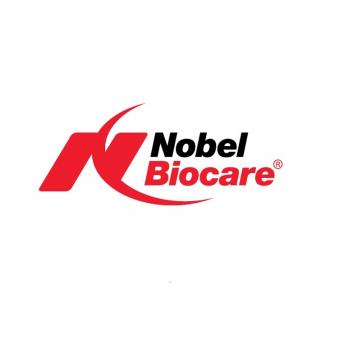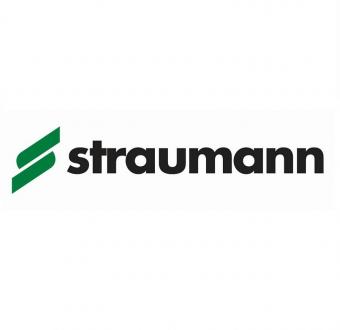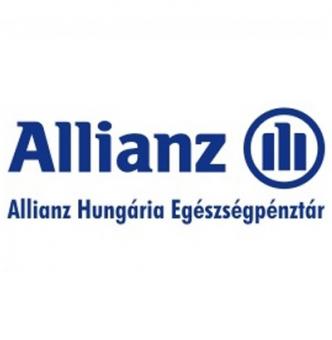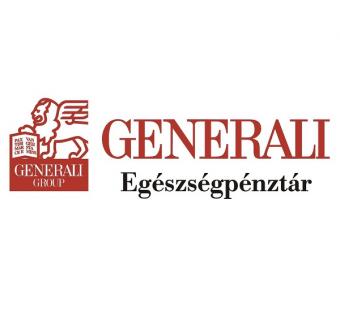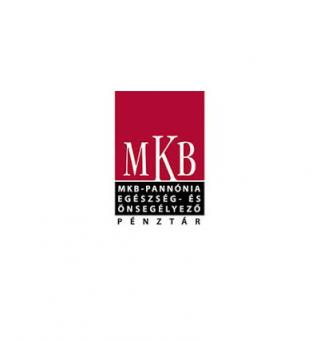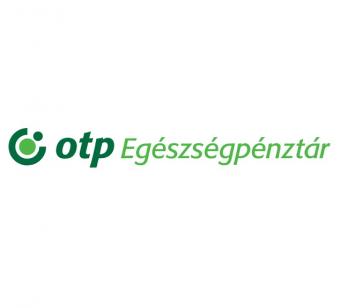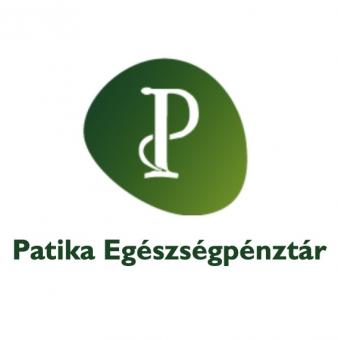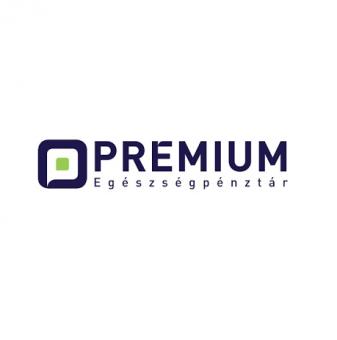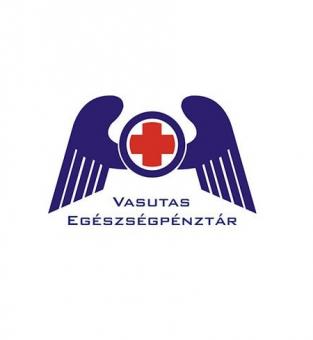Why is regular dental screening important?
Ideally, we would all visit a dental practice for screening every six months, which is necessary because one of the main characteristics of oral conditions is that they are usually easily recognizable and treatable; therefore most dental problems could be preventable through regular dental checkups. During checkups, the dentist might notice problems that don't yet cause symptoms but may require treatment. Conditions that only require minimal treatment at first, if not treated in time, may require much more expensive treatments later.
Dental screening is among those compulsory for pregnant women, because women experience hormonal changes throughout their pregnancy, and this changing level in hormones affects a number of organs in their body in different ways, including the mouth. A common problem among pregnant women is gingivitis, which if left untreated could spread to the periodontium, causing periodontitis, that could lead to the loosening, movement, and ultimately, the loss of teeth. Alongside these effects, bacteria from the inflamed gingiva could enter the bloodstream, causing further inflammations across the body, which could lead to premature birth in pregnant women. For these reasons, it is a good idea for pregnant women to visit their dentist for regular screenings every three months (instead of the usually advised six) during the pregnancy.
How do we do diagnostics?
Comprehensive dental diagnosis is made up of a number of dental examinations. We start with an examination of the mouth. This could happen in several different ways - for example, physical examination: observation, the tapping, and touching of teeth to discover any physical symptoms inside the patient’s mouth. The dentist can then use tools to further evaluate the condition of the teeth, for example by radiographic imaging or vitality testing. Using these methods we are able to assess the comprehensive dental condition of the patient, and can discuss a treatment plan and a price estimate with the patient.
What tools are used in diagnostics?
The basis of any successful treatment is an accurate diagnosis. There are many instruments at the disposal of dentists that can be used for efficient assessment of the patient’s condition. One of these indispensable diagnostics tools is the dental radiograph, which can help discover hidden problems otherwise impossible to see, even with the most extensive physical examination. Based on these images, we are able to get clear information about the position and general health of the patient’s teeth.
The use of radiographs (x-rays) in dentistry is very wide-ranging. We can distinguish between two main types of these radiographs: intraoral (meaning inside the mouth) and extraoral (meaning outside the mouth). One of the intraoral methods is periapical imaging, which shows a smaller part of the dental arch, indicating the outline, position, and size of the teeth, as well as the periodontal gaps surrounding them.
Extraoral methods, on the other hand, include panoramic radiographs, with which dentists are able to examine every tooth in the mouth, as well as the periodontium and the bones.
Another indispensable extraoral diagnostic tool is the CT scanner. The high resolution images made by three-dimensional CT scanners are much more detailed than those made by the technology available in the past, therefore enabling the perfect, scale imaging of every bone found in the area of the face.
Modern radiographs use 90% less radiation for imaging, meaning that exposure to radiation is only a fraction of that of average radiographic images, and that they cause no health risks.
